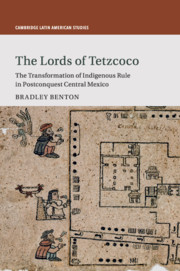In 1989, it had all begun so promisingly for the United Nations. With the fall of the Berlin Wall, the days of an organization being paralyzed by an all-overpowering East-West conflict appeared finally over. All signs were now on international cooperation and the United Nations was seen as the embodiment of this.
There was hardly any important politician at that time who would not refer to the United Nations. From Bush Sr. to Gorbachev, from Mitterrand to Thatcher, and from Kohl to Toshiki Kaifu; all spoke of the hope that the United Nations could now do what it had originally been created for in 1945: preserve global peace and security. The opinions of the head of governments such as those of China, India, Pakistan, Indonesia, Egypt, Saudi Arabia, Iran, South Africa, Nigeria, Mexico, Argentina, or Brazil, not to speak of smaller countries, did not count – at least not then. While politicians in the West considered the end of the Cold War a victory for liberal democracy, most of these countries were still deeply subjugated by various forms of socialist or authoritarian government systems; South Africa, because of its apartheid system, was even suspended from the United Nations.
After the East-West conflict had ended in so surprisingly peaceful a manner, both sides felt it was now time to solve the many remaining problems of war and peace in the newly found spirit of cooperation. Compared to the East-West conflicts in which huge military alliances with stocks of nuclear weapons faced each other, solving these more localized conflicts seemed to be relatively easy to achieve.
Nowhere was this newly found cooperation more evident than in the revived decision-making role of the UN Security Council. Having been blocked by mostly Soviet and United States vetoes for 42 years, the Security Council suddenly sprung back into action and made decisions that had previously not been possible. But this atmosphere of cooperation within the United Nations was not to last.
By the end of 1991, the Warsaw Pact and the Soviet Union had dissolved and many of the formerly communist Central and Eastern European countries had begun to integrate into the West by joining the European Union and NATO. What had begun as East-West cooperation had now turned into a comprehensive victory for the West.
